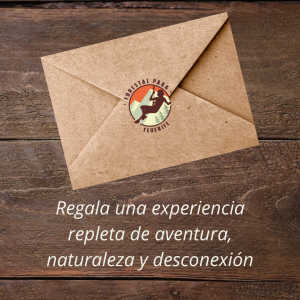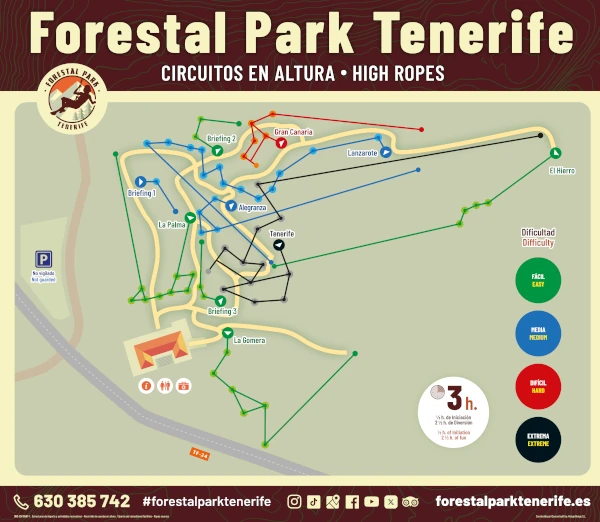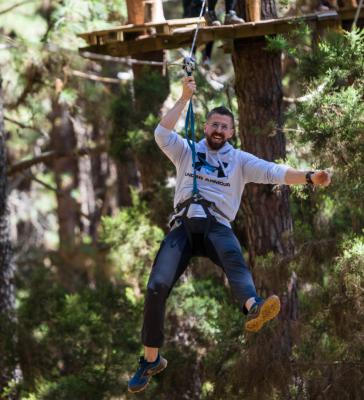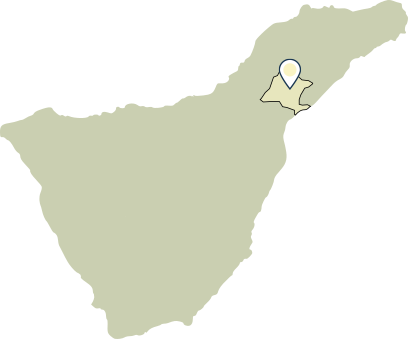Exploring the organisation of sporting events in nature
What do events in nature bring us?
In an increasingly urban and technological world, organising sporting events in nature has become a revitalising and exciting getaway for sports enthusiasts, nature lovers and adventurers alike. These activities bring together people of diverse abilities and backgrounds in a natural setting, providing a unique experience that awakens a passion for sport and environmental conservation.
The connection with nature that these events provide is unparalleled. Whether running through winding forest trails, cycling amidst majestic mountains, or swimming in crystal clear natural waters, participants witness the indescribable beauty of the world around us. This direct contact with nature not only fosters a deeper appreciation of the environment, but also raises awareness of the importance of protecting it for future generations.
In addition to the connection with nature, organising outdoor sporting events also fosters camaraderie and community spirit. Participants are united by a shared passion and encourage each other to achieve their personal goals. This creates a positive and supportive environment that inspires everyone to push their limits and celebrate every achievement, big or small.
10 Keys to organising sporting events in nature
1. Define the type of event and the main sport
The first thing is to establish what type of event you want to organise and what sport will be the main protagonist. You can choose from trail running races, surfing tournaments, mountain biking competitions or any other sport that suits Tenerife’s unique geography.
2. Research locations and permits
Tenerife offers a wide variety of spectacular natural locations. Researching and selecting the right location for your event is crucial. Make sure you obtain all necessary permits from local authorities and respect environmental regulations to protect the fragile ecosystems of the region. To do this, contact the town hall of the municipality where you will be holding the event and the environmental department of the Cabildo Insular de Tenerife.
3. Work with local experts
Working with local guides and experts is essential to ensure the success of your event. Look for professionals who know the area well and can provide advice on logistics, security, and any other relevant aspects.
4. Look for suppliers and collaborators
On the island of Tenerife you will find great professionals and companies capable of offering you local products to cover important aspects such as supplies, equipment, prizes, etc.
5. Logistical planning
Logistics is an essential part of any sporting event. Make sure you have a detailed plan that includes transportation of participants and equipment, accommodation, refreshment points, medical services, among others. Having a solid plan will ensure that everything runs smoothly during the event.
6. Promotion and registration
Spread the word about your event using social media, websites, and local media. Provide an online registration system so that participants can easily register. Consider offering incentives, such as commemorative T-shirts or early bird discounts for early registrants.
7. Sustainability and respect for the environment
The Canary Islands are a natural treasure, and it is essential to preserve their beauty. Make sure to promote sustainable practices during your event, such as proper waste disposal, responsible use of water and respect for the local flora and fauna, collaborate with local associations and donate part of the profits from the event to help the conservation of protected natural areas or help a social group.
8. Safety first
The safety of participants should be your top priority. Work closely with first responders and medical services to ensure that you can respond quickly to any emergency. Also, provide clear information about potential risks and safety measures that participants should follow. Finally, take out sufficient accident and liability insurance to cover your event.
9. Risk assessment and alternatives
The main risk of organising outdoor events is that an adverse weather warning may be declared, but you also need to consider the possibility of other possible setbacks such as strikes, demonstrations, etc. Therefore, you must prepare a risk assessment and develop action plans for the possible risks that your event may face.
10. Evaluation and improvement
Once the event is over, collect feedback from participants, volunteers, and supporters. Use this information to evaluate the success of the event and make improvements for future editions.
The magic of organising sporting events in nature
In conclusion, sporting events in nature are a celebration of the passion for sport and the environment. They connect people with the majesty of nature, strengthen the community and promote environmental conservation. By participating in these activities, nature lovers and sports enthusiasts can enjoy an unforgettable experience while working together to preserve and protect our beautiful planet. So, if you can participate in a sporting event in nature, don’t hesitate to immerse yourself in this exciting adventure!
In Forestal Park Tenerife we have a different space to organise sporting events in a magnificent Canarian pine forest, do you want to meet us?












